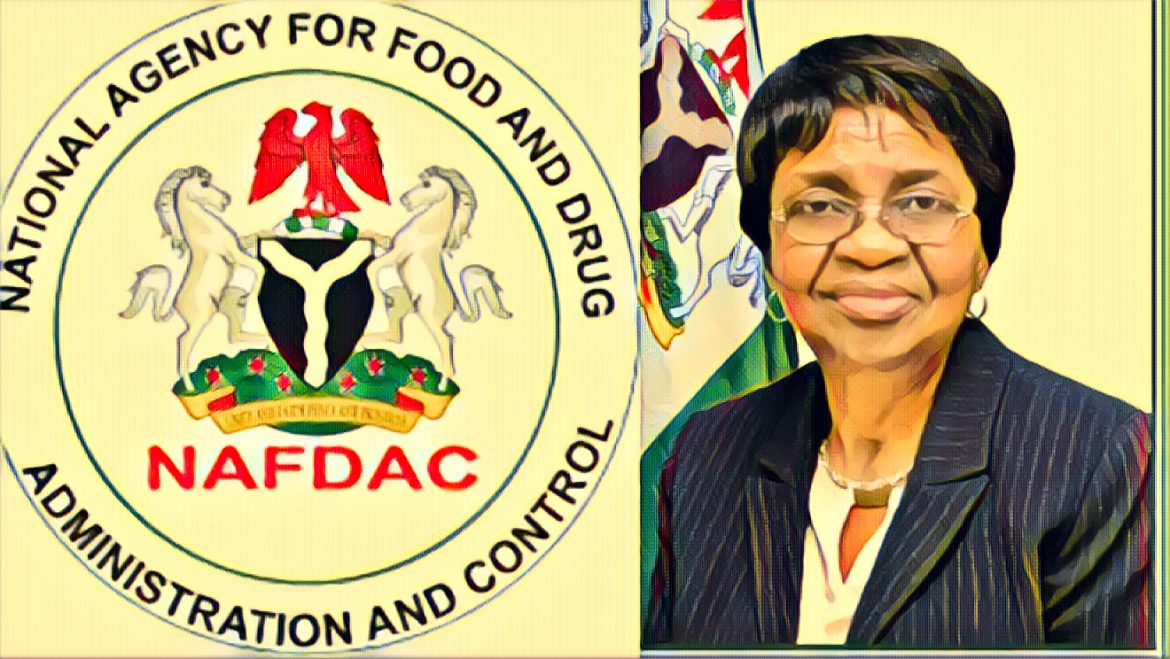The National Agency for Food and Drug Administration and Control (NAFDAC) has announced that it will review the sanctions imposed on exporters of substandard products, especially food items, to the United Kingdom (UK). This comes after a series of rejections of Nigerian products by the UK authorities due to poor quality and safety standards.
According to NAFDAC’s Director-General, Prof. Mojisola Adeyeye, the agency met with the UK Food Standard Agency (FSA) during a workshop on the Nigeria-UK Enhanced Trade & Investment Partnership (ETIP) in London last week. The meeting aimed to address the challenges faced by Nigerian exporters and seek mutual recognition of electronic certification between the two countries.
Adeyeye said that NAFDAC had identified some of the reasons for the export rejections, such as non-compliance with advisory guidelines, lack of statutory testing, poor packaging, and disregard for import requirements of trading partners. She also blamed the connivance of unscrupulous agents and the exclusion of NAFDAC’s requirements in the pre-shipment inspection scheme.
To tackle these issues, Adeyeye said that NAFDAC had taken steps to improve the quality and safety of Nigerian products in the international market. These include:
- Establishing an office of Trade & International Relations to oversee the export functions of the agency
- Engaging with other trade-related MDAs, trading partners, development partners, and operators and regulators in the export trade facilitation
- Strengthening the regulatory framework on export within the agency
- Developing and introducing NAFDAC Regulations on Export 2022, which is open for public input and comments
- Requiring all exporters of NAFDAC-regulated products to obtain necessary certifications for processing their products
- Carrying out the National Export Supervision Scheme (NESS) on some products as administered by the pre-shipment inspection agents
Adeyeye urged all Nigerian exporters to join with NAFDAC and contact the agency for more information on complying with the export guidelines. She also advised them to leave ample time for processing unless their product is registered for the destination country and has a good record with NAFDAC.
The export rejections have affected not only Nigeria’s reputation but also its economy. According to the National Bureau of Statistics (NBS), Nigeria’s total export value declined by 27.9% in the second quarter of 2023 compared to the first quarter. The non-oil export sector, which accounts for 11.4% of total exports, also dropped by 43.1% in the same period.
NAFDAC’s efforts to review and enforce its export standards are expected to boost the confidence of Nigerian exporters and enhance their competitiveness in the global market. This will also contribute to the diversification of Nigeria’s economy and increase its foreign exchange earnings.
Source: Tribune Online


